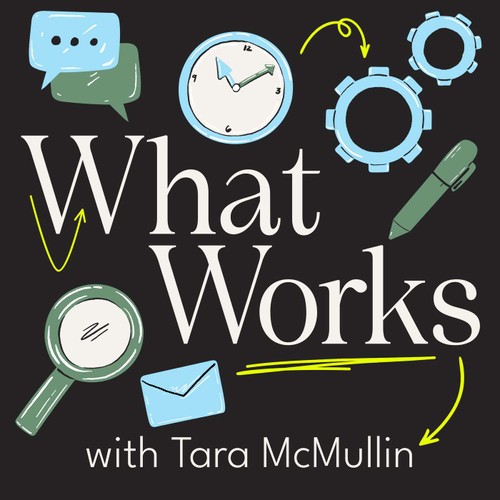
 What Works
What Works EP 495: Ann Leckie vs. The "Well, Actually" Bros
7 snips
May 8, 2025 In this conversation, Sean McMullen, husband of Tara McMullin, dives into the heated debate surrounding Ann Leckie's comments on AI chatbots versus search engines. He emphasizes the nuances of information, data, and knowledge, while critiquing the often condescending perspectives of some tech commentators. The discussion explores how AI tools influence critical thinking and user engagement, highlighting the difference between exploration and efficiency in learning. Sean also reflects on the importance of curiosity in navigating digital inquiry.
AI Snips
Chapters
Books
Transcript
Episode notes
Choose Search Tools Wisely
- Use different search engines depending on the task to balance efficiency and exploration.
- Avoid relying solely on AI chatbots for discovery because they limit serendipitous learning.
Search Engines vs Chatbots
- Search engines and AI chatbots are different media environments with unique interfaces and user behaviors.
- Search engines encourage exploration, while chatbots promote efficiency and deference to authority.
Lacking Context in AI Answers
- Unlike human experts or search results, AI chatbots provide answers without the rich context and filters necessary for critical interpretation.
- This lack of transparency decreases the user's ability to evaluate the trustworthiness of information.





